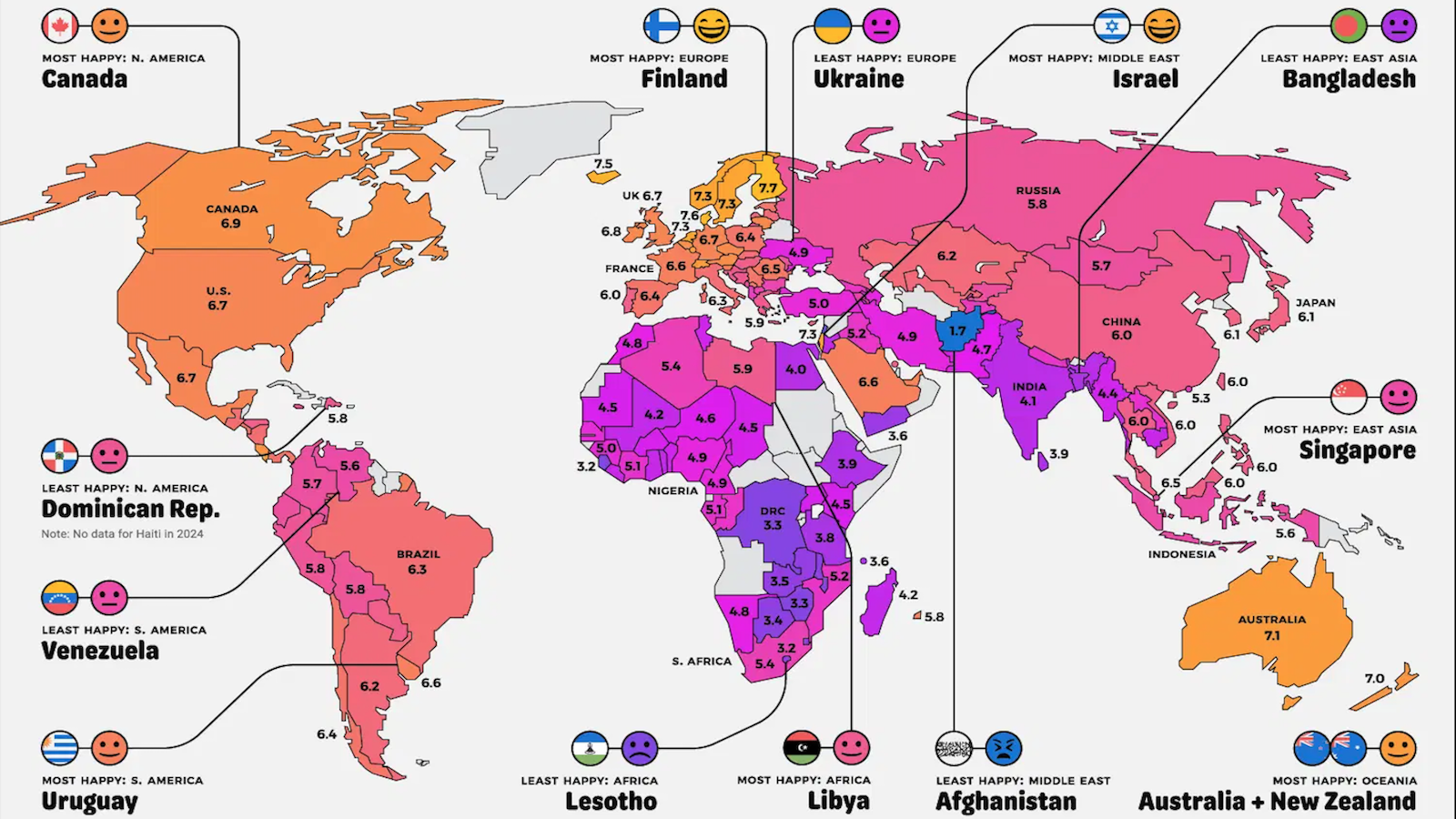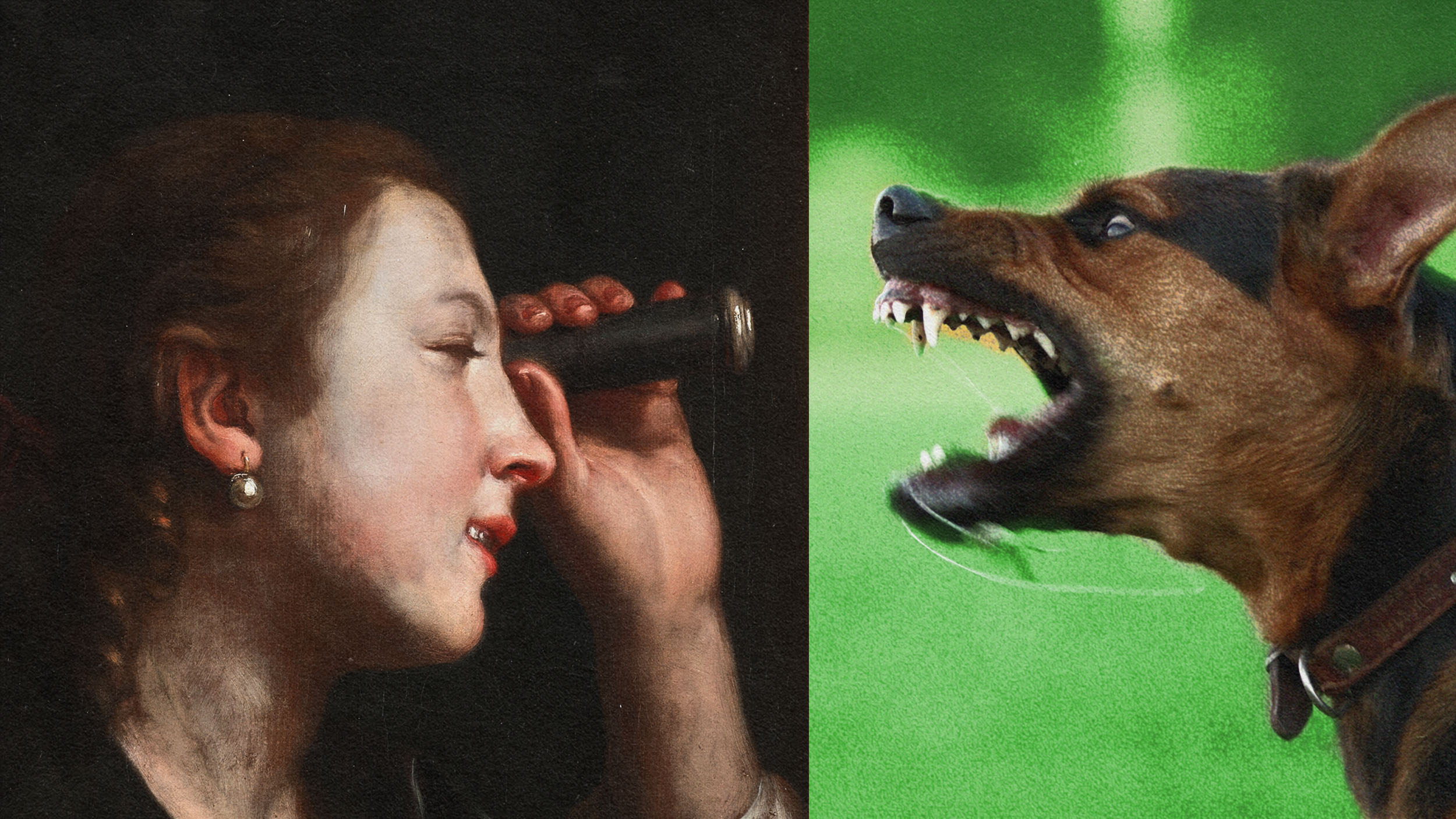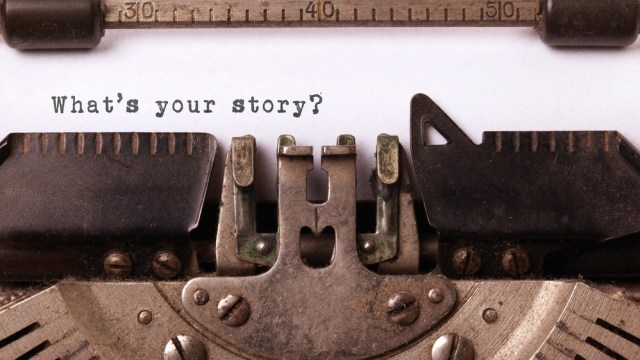What If You Became an Unflattering Internet Meme?

Memes have become a part of the internet’s culture. “Bad Luck Brian,” “Overly Attached Girlfriend,” “Scumbag Steve” — the list goes on. Each meme has its own personality, but each photo is also of a real person that didn’t intend to become famous. NPR‘s Jasmine Garsd writes that these people — their pictures — just happened to go viral. So, how do they exercise their right to be forgotten (should they want it)?
Unintended celebrity on the internet can happen to anyone, like it did to Kyra Pringle’s daughter. She recently found that images of her 2-year-old were being shared by thousands of internet residents, but the comments surrounding her photographs weren’t particularly uplifting. One person wrote in a tweet:
“This baby soooo ancient. Mf came out the womb 50 & paying a mortgage.”
You can understand why the mother would be upset. Pringle spoke to reporters in an interview, asking for people to look at her daughter as a person — to empathize:
“The smile that you guys think is funny or the smile that you guys are comparing to a leprechaun, the things you guys are saying about my child; she’s not a monster; she’s real.”
The issues surrounding the photograph continue an important discussion about cyberbullying, but also about personal accountability and how we should go about sharing on the internet. Of course, not everyone intends to upload a picture of their child and have it become a sensation, but should we be so naïve?
There’s a toxicity growing within our culture where the lines of what we intend to remain personal becomes public and, in some cases, goes viral. Pringle uploaded her child’s photo to Facebook, putting it out there for friends to see with the possible expectation of receiving positive comments and finding solidarity — nothing more. From there, it migrates out of the social network and became something much bigger — it went beyond her control. It isn’t Pringle’s fault that the mean comments about her daughter ensued, but it brings questions about expectations. What do we expect when we upload something and what’s the reality?
This part is where it becomes toxic. When we share something on the internet, it could move out of our sphere of control. It no longer belongs to just us. The internet is always looking for the next sneezing panda or laughing baby, so we should be careful about what we feed the beast, right? But this leads self-censorship. So, should we not share on the internet ever again for fear of becoming victims or celebrities? And what about the unintended victims of our sharing culture?
Say, a woman has a lapse in judgment at a concert and decides to give a tree a lap dance? Unbeknownst to her, someone takes a video of it. Sam Biddle from Gizmodo wrote about the video, speaking to the anxieties smartphone cameras and internet sharing has caused:
“It’s impossible for her, or anyone else with some pills and a dream, to live free. To live free, and young, and without care. At the slightest provocation, you’re guaranteed a league of smartphone surveillance and immediate sharing. You’ll be uploaded in a flash. Your private moment of arboreal bliss transforms into so many views that the video is taken down and then re-uploaded multiple times.”
Woodrow Hartzog is an associate professor at Samford University’s Cumberland School of Law; he spoke to NPR, saying:
“It’s important for us to fail when we are young. That’s how we learn. That’s how we develop our sense of right and wrong. That’s how we develop our sense of empathy. And the ability to move past that, and not have those same things haunt you.”
People should have the right to live the way they want to, with some feeling of control — without having to re-live indiscretions from your life — but the reality of the internet and our shared culture has caused us to become a community of watchers. The right to be forgotten should exist, but how to do it brings more questions than answers about the technology that helps connect us and internet culture that defines how we interact with one another.
Read more at NPR.
Photo Credit: Shutterstock





